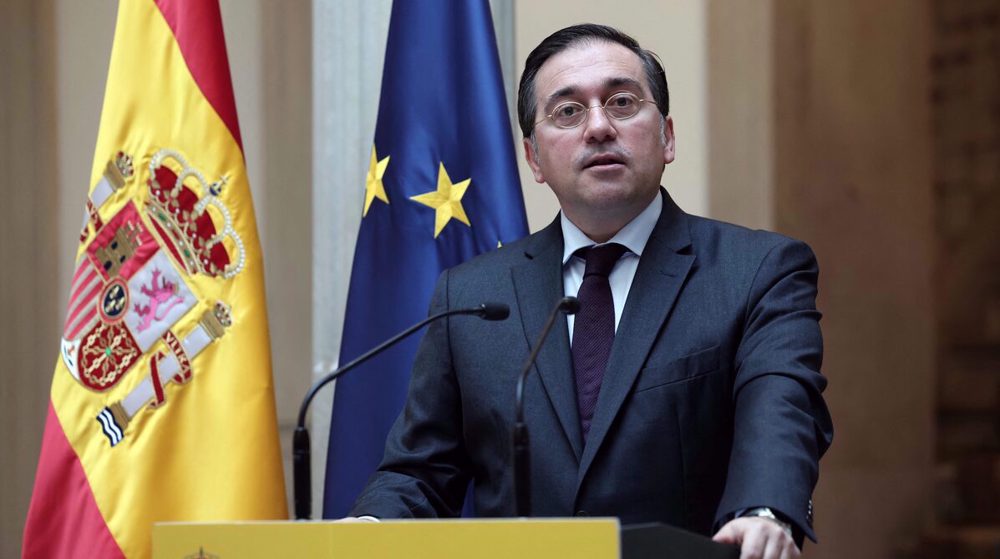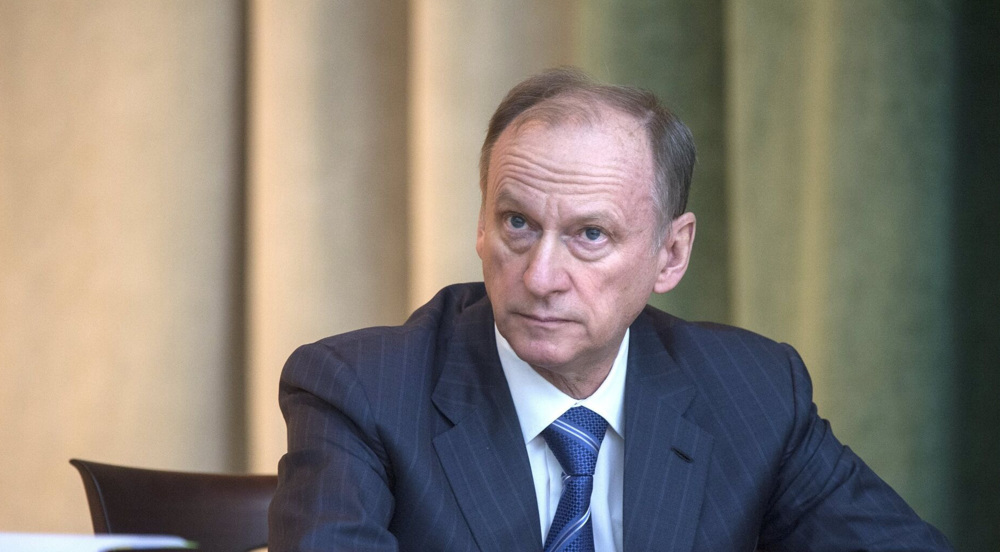UK wants swift deal with EU on Brexit transition: PM's spokesman
Britain says it wants a swift agreement with the European Union on the principles of a post-Brexit trading relationship to reassure businesses over trading rules after Britain exits the bloc in March 2019.
UK Prime Minister Theresa May’s spokesman said on Tuesday that London believes it can agree quickly with Brussels negotiators on a post-Brexit “implementation period.”
“In terms of the broad outline of an implementation period, we believe that we can agree that quickly,” May’s spokesman said.
"The implementation period is about building a bridge, and obviously in order to do that you need to know what the future relationship is going to look like," the spokesman added. He did not provide further detail on when Britain hoped to reach such agreement.
London is seeking a so-called implementation period of about two years following its withdrawal from the EU, during which its access to the bloc’s single market would stay mostly unchanged while new arrangements are established.
The comments come after May left some businesses confused on Monday after telling lawmakers that arrangements for an implementation period could only come as part of a final deal on Britain's future relationship with the EU.
Finance Minister Philip Hammond added in the House of Commons: "We want to agree the principles of that period as soon as possible."
The country's biggest business lobby group, the CBI, said Monday it wanted a deal by December to assuage fears of a radical change in the trading relationship with the EU after Brexit.
EU leaders agreed at a summit last week that not enough progress had been made in negotiations over EU citizens' rights, the border in Northern Ireland and the UK's financial obligation to begin formal trade talks.
EU leaders have been increasingly frustrated about divisions in May's cabinet over Brexit, saying they are still unsure what the UK wants, even after five rounds of negotiations.
The slow progress of Brexit talks has fueled fears that May's government may collapse, or worse that London may fail to strike a withdrawal agreement with Brussels before its formal exit from the EU on March 29, 2019, which could cause economic and transport turmoil in the UK and EU.
The EU’s chief Brexit negotiator Michel Barnier has repeatedly said he is “worried” about “deadlock” in the negotiations.
VIDEO | Press TV's news headlines
Paris silencing pro-Palestine voices
Iran raises alarm at ‘environmental consequences’ of US militarism
Iran: UN Security Council inaction on Israeli crimes ‘catastrophic’
Report: US intel debunks Trump's claim of Iran working on ICBMs
Vance says 'skeptic of military intervention' after progress in Iran talks
VIDEO | Third round of Iran-US nuclear talks concludes in Geneva
Geneva talks: Iran signals firm resolve, rejects US pressure, proceeds with cautious optimism

















 This makes it easy to access the Press TV website
This makes it easy to access the Press TV website